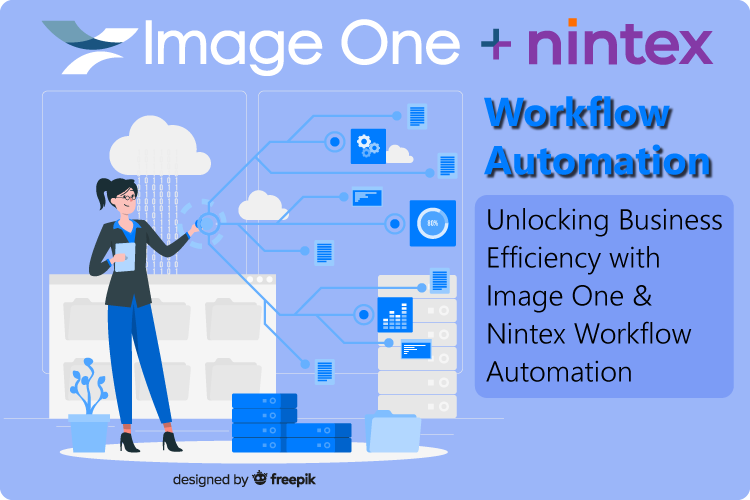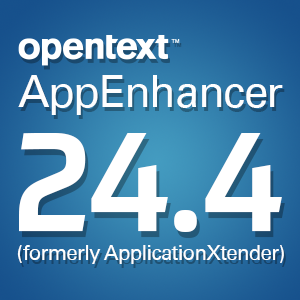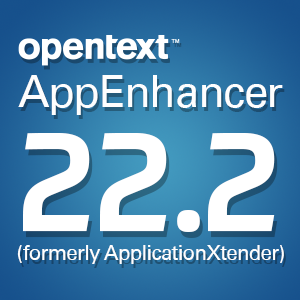Companies can improve legal footing through scalable document management
Monday, July 2, 2012There are many benefits of deploying scalable document management, from keeping users, documents and locations organized to identifying critical files faster. According to TechTarget, however, this process of organizing electronically stored information also helps to keep documents and records protected, preserved and on hand in case they are needed during legal proceedings.
Scalable document management enables a company to identify vital information for legal action in ways that are difficult to achieve with physical paperwork. According to the news source, this allows for meta-tagging documents for easier sorting. Additionally, it helps the business to keep access to its documents strictly controlled, while ensuring they remain available for use in litigation.
When involved in a court case, not having the necessary documents on hand, be they accounts, emails or paperwork, could make the difference between winning or losing. Additionally, according to the news source, a great deal of the cost associated with the legal process is related to the time it takes attorneys and paralegals to go over these documents. Proper organization through document imaging and storage can not only make this entire process simpler, but also reduce the related costs and potentially help favorably resolve the legal matter as well.
Reducing legal costs and improving information organization are only two of the benefits of document management, but they are also key points in establishing the return on investment for conversion services. Ensuring quality service may seem to be an unfounded expense, but is worth the time and resources invested and ultimately can save a business much more on its legal costs than the services initially cost. Additionally, these savings can extend into other areas of the company as well, from employee productivity to financial management.
Brought to you by Image One Corporation, providing complete information governance since 1994.




